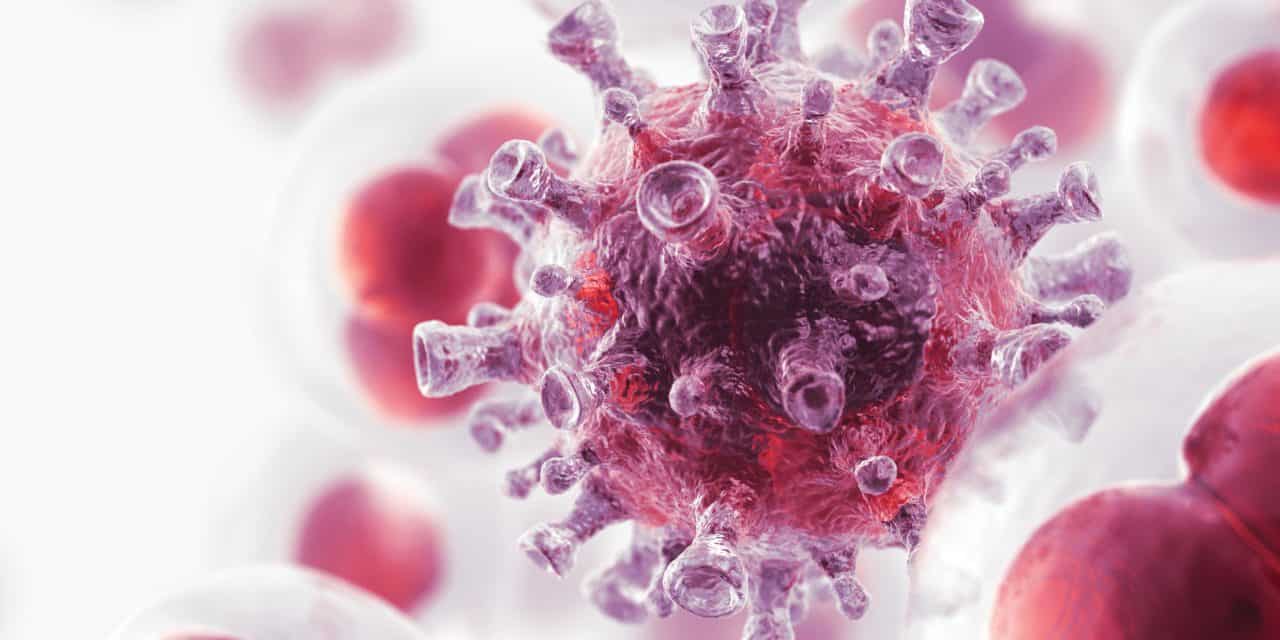Equine theileriosis, caused by the Theileria equi protozoan, is a disease of worldwide importance. T. equi expresses surface proteins, of which the EMA-2 protein is a promising antigen for vaccine use. The aim of this study was to evaluate the immune response of adult horses, pregnant mares, and foals to an experimental EMA-2 protein of recombinant T. equi vaccine. A total of 46 horses were used in this study for vaccine trials and challenges. Twelve geldings, 14 pregnant mares, and 14 foals were divided into vaccinated and control groups. Total serum specific anti-rEMA-2 IgG, IgG subclasses, and transcription of cytokines related to the immune response were evaluated. For the vaccine challenge, six six-month-old foals were divided into vaccinated and control groups. For the challenge, blood from a horse with theileriosis was transfused to the foals. Geldings and pregnant mares maintained anti-rEMA-2 IgG levels at 130 and 140 days after vaccination, respectively. The most-detected IgG subclasses in vaccinated were IgG3/5, IgG4/7, and IgG1. IL2, IL10, IL12, IL17, IFN-γ, and TNF-α were the most-transcribed cytokines in PBMCs of vaccinated horses stimulated with rEMA-2. Challenge with T. equi demonstrated that vaccinated foals had an increase of 33% in total IgG four days after blood transfusion, while control foals had no significant response, suggesting that vaccine antibodies may have recognized EMA-2 protein of the native T. equi antigen. T. equi recombinant EMA-2 was shown to be a promising vaccine antigen by inducing humoral and cellular immunity similar to that observed in natural parasite infections.Copyright © 2021 Elsevier Ltd. All rights reserved.
Immune response of adult horses, pregnant mares and foals to an experimental vaccine with recombinant EMA-2 protein of Theileria equi.


